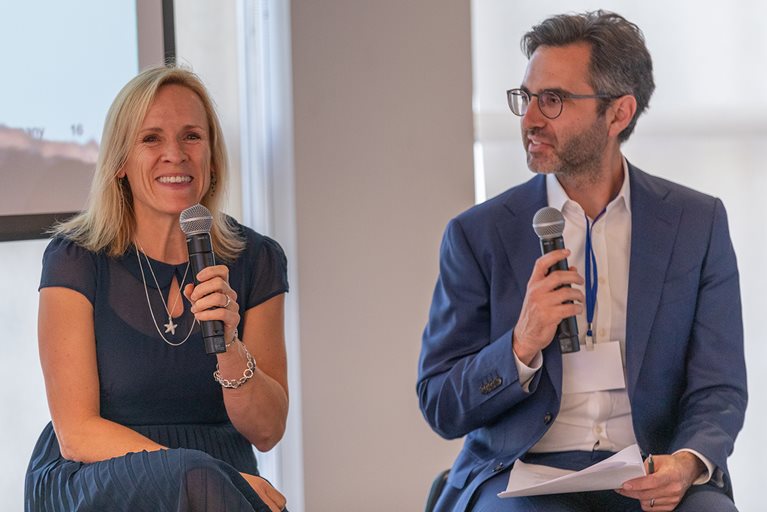A consistent theme throughout the 2023 Climate Week NYC was the inextricable link between climate and nature, and nature’s foundational role in supporting our lives and livelihoods. Worryingly, this critical foundation is diminishing at an alarming rate. The adoption of the Global Biodiversity Framework and the progress made by the Taskforce of Nature-related Financial Disclosures (TNFD) have helped accelerate momentum for a nature-positive future. But this is changing the playing field for business, creating new risks and opportunities for the private sector.
During Climate Week, McKinsey & Company brought together senior leaders from various sectors and industries to determine tangible actions that corporates can pursue to enable the transition to a net-zero and nature-positive economy. The following themes emerged at this event:
- Move to action. Don’t let perfection be the enemy of good. McKinsey projections estimate that, by 2030, we will need to add 70 million hectares (Mha) of cropland—equivalent to the size of Brazil—to feed the world population, risking over 14 Mha of primary forest, without regenerative interventions. Participants shared how certain companies have made commitments, adopted sustainability standards and certifications, piloted sustainable projects, and engaged their supply chains.
- Focus on the three to four areas where you can have the maximum impact. While immediate action is essential, it's important for companies to focus on the key areas where they can have the most significant impact on nature. Companies can begin by understanding their current nature-related risks and dependencies on nature, and then developing a mitigation strategy that tackles their biggest nature impacts across their value chain, creates competitive advantage, and keeps ahead of consumer and regulatory pressures. Participating companies shared how this can be done while also remaining profitable.
- Support primary producers in adopting regenerative practices. The economy’s primary producers work at the intersection between business and nature, making them pivotal to the adoption of sustainable practices. Farmers, for example, hold the keys to unlocking regenerative agricultural practices with significant long-term value for the economy and society. However, for farmers to remain profitable, the business community would likely need to support the transition to regenerative practices through education, investment, risk mitigation, and the removal of harmful subsidies.
- Innovate with new technologies, systems, and approaches. The world is in a phase where the systems created today will have long-term implications. To change the status quo, innovation is needed to develop financial tools that support primary producers to adopt nature-positive practices. Also needed are mechanisms to safeguard natural capital and indigenous communities, and a nature-positive market that creates the right incentives for the transition.
- Spotlight champions and create a race to the top. Companies that successfully pilot nature-positive projects should talk about their lessons learned and work with other stakeholders to develop scalable models. Showcasing successes and creating a race to the top is the best way to share lessons and accelerate adoption.
- Align on global definitions, frameworks, and metrics. Global alignment on nature-positive definitions, frameworks, metrics, and standards is crucial to achieving success and reducing the risk of greenwashing. The TNFD, Nature Positive Initiative, and Science-based Targets Network (SBTN) provide a good starting point for corporations to better understand their actions and how they can contribute globally to a nature-positive future.

While the transition to a net-zero and nature-positive economy requires immediate action, innovation, and global alignment, there are pathways to achieving success in restoring and protecting the world’s natural capital.


